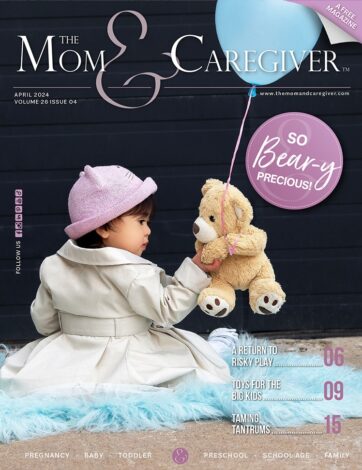Keeping It Real
So far this year, we’ve looked at the general pathway of communication. Last month, we talked about the mechanisms involved in taking things in – our senses. This month, we’ll take a look at the information itself that leads to the best outcomes for developing language in young children, to sustaining conversations, to helping a person with a brain injury.
“Keeping it real” means keeping it relatable, realistic and functional. Doing so almost always ensures that we have a person’s attention. When we have their attention, we’re in!
How this looks depends on the person. For infants and toddlers, it means ensuring that we talk about their environment and interests. Following a small child’s lead is a fundamental tenet in language therapy for toddlers. By doing so, the things we talk about are relatable and interesting to them. When we hold their interest, we are far more likely to have their attention. When we have their attention, we are far more likely to “get through”.
This principle extends to working with older kids, say on speech sounds, stuttering or literacy. Unless we are able to embed therapy tasks into activities that are fun or topics that are “real”, it’s hard to keep their attention. That’s why a lot of therapy for kids looks like we’re playing games.
It holds for almost everything we do that involves communication. If the topic isn’t relatable or interesting or important to us, it’s really hard to pay attention. Here’s an example: I can’t stand golf. Once someone starts to talk about golf, I just nod politely while my brain is off to La La Land!
Keeping it real is just as important to adults. For adults, interests and needs can vary greatly. For those with a brain injury, getting back to normal life is almost always the goal. Therefore, the key to rehabilitation is to make sure that therapy is functional… to make sure it’s based on their lives and their interests.
Your Friendly Neighbourhood Speech Pathologist is always here to keep it real with you!
Mohamed (Mo) Oshalla, MHSc.,
Speech-Language Pathologist & Executive Director,
Ontario Speech & Language Services














